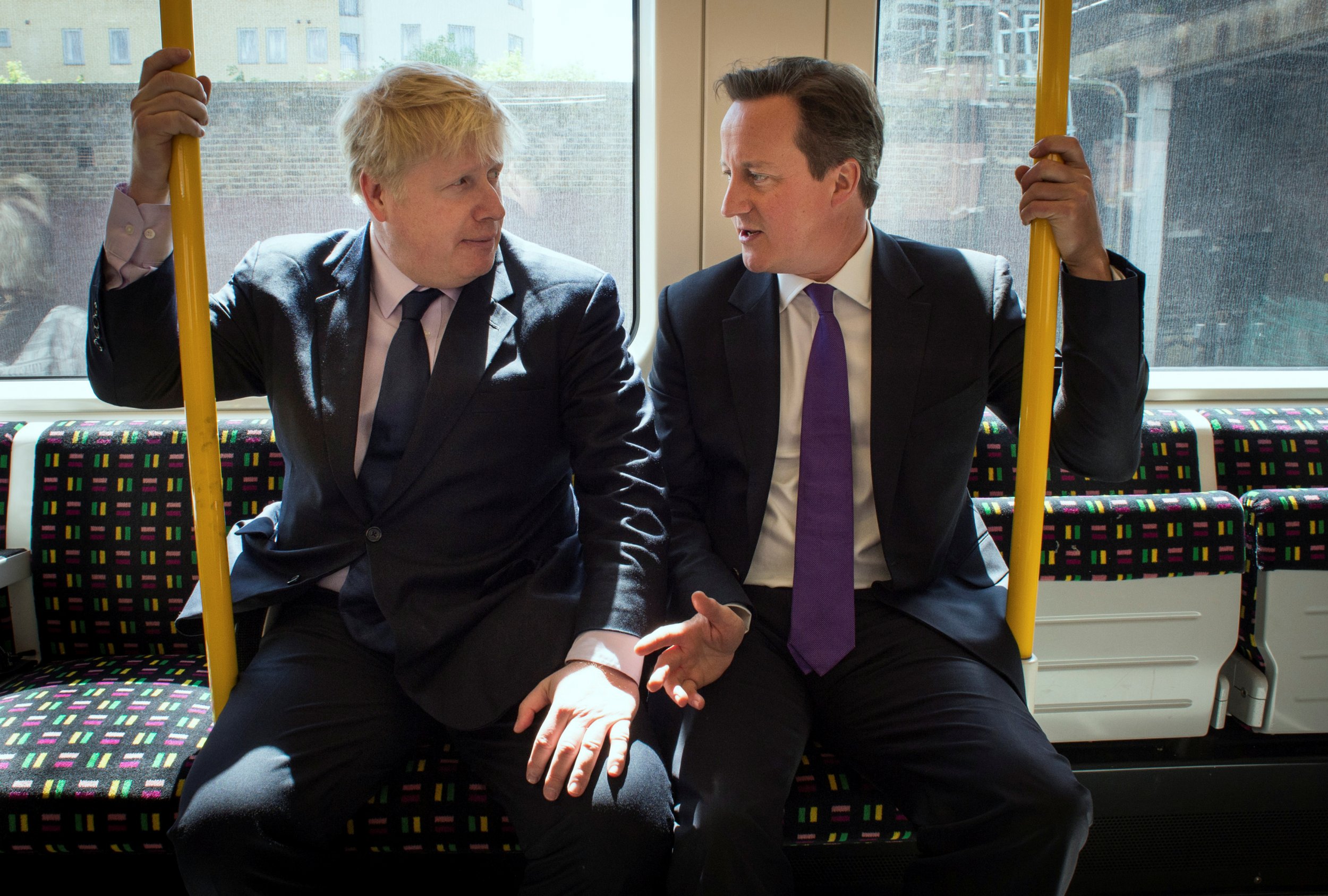
This article first appeared on the Cato Institute site.
The European Union's leaders said they wanted the United Kingdom to remain in the EU. But Brussels offered only minimal concessions to British Prime Minister David Cameron, undercutting his effort to sell the benefits of continued EU membership.
Now the Eurocrats who dominate EU policy are attempting to push the UK out the door. London should slow down the process and maximize its leverage.
The vote to Leave shocked Eurocrats across Europe. Even many Brexit advocates believed that Remain would carry the day. The British government is not prepared to announce a Brexit program.
However, EU leaders almost immediately began pressing London to act. They want the UK to trigger Article 50, which begins a two-year process to renegotiate a departing member's relationship with the EU.
Once taken the decision cannot be reversed. And if no agreement is reached within two years the country is unceremoniously defenestrated without any special access to the European market.
But the UK need not hurry. The British government should hold off until it is ready.
First, the situation is chaotic. The prime minister is resigning. The opposition leader might be forced to resign. Scotland might again vote for independence. No one is ready to discuss Brexit terms.
Second, with both leading parties in flux, waiting would allow a new government and opposition to emerge. How to implement the vote remains to be decided. A new government should be in office first.
Third, the Eurocrats have split between those determined to impose punitive terms in order to discourage other states from leaving and those who prefer to be generous and maximize continued cooperation. Better to let passions cool.
Fourth, when the Brexit trigger is pulled is a political, not legal issue. The referendum was advisory. No enabling legislation has been passed. Effective negotiations won't be possible until a government, backed by a stable majority, is prepared to act.
Fifth, waiting would increase London's bargaining power. The Eurocrats understand that accelerating the process would put greater pressure on London to make concessions, since a shorter deadline would threaten to leave the UK outside of the EU without any special access to the European market. However, Britain can play the same game by delaying.
Sixth, as passions cool the desire to exact revenge—to punish Britain to discourage other exiteers—likely will fade. While punitive measures might provide emotional satisfaction for some, failing to reach an agreement with the world's fifth and Europe's second largest economy would hurt everyone. Continued commercial links between the UK and continent are too important to sacrifice in a fit of pique.
Seventh, slowing the process would give Washington more time to play a positive role. As I wrote in the American Spectator: "It should start by indicating its willingness to begin negotiations with the UK over a free trade agreement as soon as the Brits are ready. The U.S. also should indicate that a smoother UK-EU divorce would improve the chances of a U.S.-EU trade pact."
Eighth, holding off on the official trigger creates at least a possibility of rapprochement between the UK and EU. Brexit just might shock Europe's leading powers toward serious reforms. Donald Tusk, one of the EU's many presidents (of the European Council) admitted that "ordinary people, the citizens of Europe, do not share our Euro-enthusiasm." The EU will have to work to regain public trust and support. If successful, the EU might even change attitudes in the UK.
The ultimate impact of Brexit remains to be seen. All parties should allow the passions political battle to cool. In fact, slowing down the process would benefit Europe as well as the UK. A hasty, angry negotiation would serve no one. The British vote could change the EU for the better. There's no need to hurry the Brexit.
Doug Bandow is a senior fellow at the Cato Institute and worked as special assistant to President Ronald Reagan.
Uncommon Knowledge
Newsweek is committed to challenging conventional wisdom and finding connections in the search for common ground.
Newsweek is committed to challenging conventional wisdom and finding connections in the search for common ground.
About the writer
To read how Newsweek uses AI as a newsroom tool, Click here.








